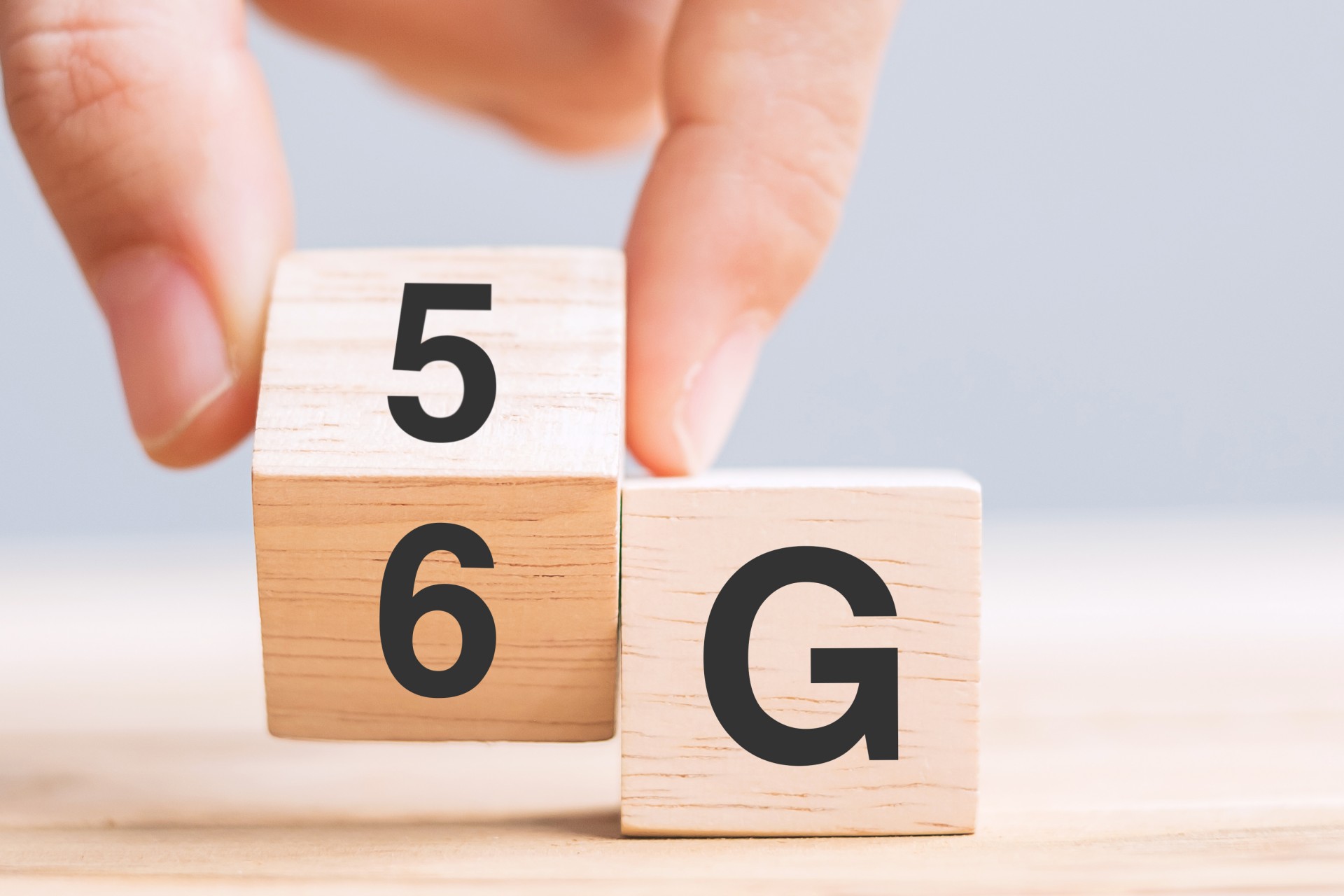Why is 5G signal weaker than 4G?

The advent of 5G technology promises lightning-fast internet speeds and seamless connectivity. However, some users reported that the signal was weaker compared to their previous 4G connection. This article aims to delve into the reasons behind this phenomenon and reveal the factors that cause 5G signals to weaken. Through research and analysis, we will explore the technical aspects and potential challenges that arise during the implementation of 5G networks.

Why is 5G signal weaker than 4G?
The transition from 4G to 5G technology has brought many advancements, including higher data transfer rates, lower latency and greater network capacity. However, one common complaint among users is that 5G has weaker signal strength compared to previous 4G connections. There are several factors causing this phenomenon:
1. Frequency band: 5G networks use higher frequency bands, such as millimeter waves, to transmit data. While these frequencies offer greater bandwidth and faster speeds, their shorter wavelengths make it difficult to penetrate obstacles such as buildings and trees. As a result, signal strength weakens over shorter distances, resulting in weaker coverage.
2. Infrastructure challenges: The deployment of 5G networks requires major infrastructure reforms. Unlike 4G networks, which relied primarily on large cell towers, 5G networks rely on a dense network of small cell towers. These small cells are mounted on streetlights, buildings and other structures to provide coverage. However, the increasing number of small cells and their limited coverage can lead to gaps in coverage, resulting in weaker signals in some areas.
3. Interference: The higher frequency bands used by 5G are more susceptible to interference from physical objects, atmospheric conditions and even human bodies. This interference can cause signal degradation, resulting in weaker connections, especially in crowded urban environments.
4. Early stage of development: 5G technology is still in the early stages of development and deployment. As with any new technology, there are bound to be challenges and limitations at the beginning. As technology develops, network operators are constantly working to optimize their 5G infrastructure and improve signal strength.
common problem:
Are 5G signals getting weaker everywhere?
A: The strength of a 5G signal depends on several factors, including location, network infrastructure and the frequency band deployed. While some users may experience a weaker signal, others may enjoy strong coverage, especially in areas where 5G networks are widely deployed.
Will 5G signal strength improve in the future?
Answer: Yes. As 5G technology continues to develop, network operators are actively working to improve signal strength and coverage. Ongoing infrastructure improvements, advances in antenna technology, and the deployment of additional small cells are expected to address current limitations and improve overall signal strength.
Is there any way to improve 5G signal strength?
A: While individual users have limited control over the infrastructure, there are several steps to improve 5G signal reception. These include ensuring you have a clear line of sight to the nearest cell tower, minimizing obstructions, and considering using signal boosters or Wi-Fi calling options.
In summary, the weaker signal strength experienced by some users in 5G networks compared to 4G can be attributed to a variety of factors, including higher frequency bands, infrastructure challenges, interference, and the early stages of 5G development. As technology advances and network infrastructure improves, these limitations are expected to be eased, bringing stronger and more reliable 5G connections to users around the world.